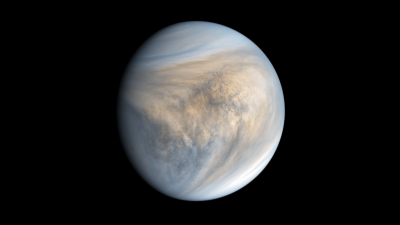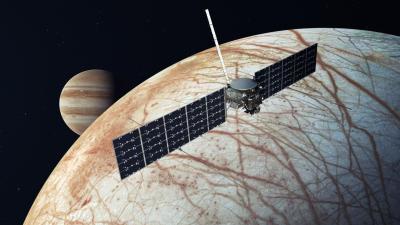venus
-

‘The Nightmare Is Over’: NASA Resurrects VERITAS Mission to Venus
A long overdue mission to Venus is finally back on track after being put on hold due to budgeting and staffing issues at NASA’s Jet Propulsion Laboratory (JPL). VERITAS, Venus Emissivity, Radio Science, InSAR, Topography, and Spectroscopy, made its way back onto NASA’s budget and is on schedule to launch in 2031, according to mission…
-

Enormous Satellite Discovered to Outshine All but the 7 Most Brightest Stars
Late last year, a communications satellite unfurled its giant wings, stretching out a 64-square-metre antenna array in low Earth orbit. Once fully deployed, BlueWalker 3 became one of the brightest objects in the night sky, outshined only by the Moon, Venus, Jupiter and seven stars, according to new research. Texas-based startup AST SpaceMobile launched its…
-

NASA Budget Request Is a ‘Soft Cancellation’ of Venus Mission, Experts Say
A highly anticipated mission to Venus is in trouble after NASA pulled all of its funding, save for a tiny fraction meant to keep the planetary orbiter on brittle life support as its fate hangs in the balance.
-

NASA Gets Closer to Venus Mission With Successful Robo-Balloon Test
NASA wants to send a giant silver balloon to the hellish world of Venus, where the floating robot would explore the toxic Venusian atmosphere. Functional tests of a smaller prototype recently took place in a Nevada desert in preparation for this upcoming mission to the solar system’s inferno.





